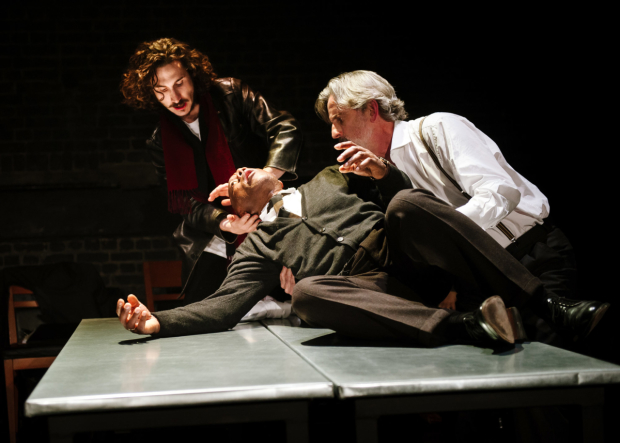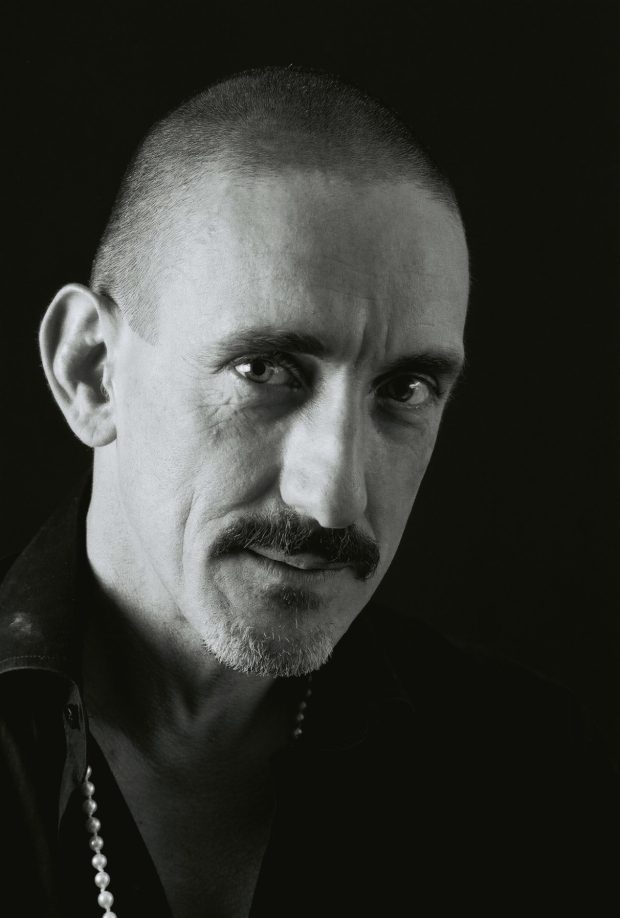Neil Bartlett: 'The Plague is a story we should be telling right now'
The writer and director talks about his latest project, an adaptation of Albert Camus’ existential novel

© Alex Brenner
This week Albert Camus’ existential tale about a plague sweeping through a French city will be told on stage in the UK for the first time. Though The Plague – or La Peste – was written in 1947, writer and director Neil Bartlett makes the case for it being relevant through every decade since it was first published. Here he explains why he was drawn to adapting it and why the story is very much for today.
When did you first come across The Plague?
Like a lot of people I first read it when I was a teenager. Camus is an author who speaks very strongly to young people. He’s very much about how the world is a difficult and dangerous place and we have a duty to understand it and how to fight the good fight. I hadn’t read it since I was 14 or 15 but 18 months ago I remembered one of the scenes in particular. There’s an extraordinary moment at the end where the doctor, who has been the main focal point of the novel, says that when you live through a catastrophe, the thing you learn is that there is more to admire about people than to despise.
Why did that phrase come to you, do you think?
I suppose it is because of the way the world has been turning over the last 18 months. It’s a really extraordinary thing to write. I went back and read the novel and thought this is a great story to be telling right now.
The story is about a city engulfed by plague – how does that fit with today?
All the images in the novel are people saying again and again: "No, it can’t be plague, it’s not going to happen. We know those things happen but they don’t happen to us." Then the plague gets worse and people say: "OK, maybe it is happening but it’s only at the edges of town. It’s never going to touch our lives." It feels like a very familiar conversation. It’s a story about what you draw on inside yourself when you are faced with a situation where the unimaginable and worst thing that could happen happens.
It has been interpreted as an allegory for the Nazi occupation of France…
Everyone knew that Camus himself had fought against the Nazis. He was in southern France during the occupation. It’s one of the reasons why it was such a bestseller and it hasn’t been out of print since 1947. At the time people were battling to understand what had happened and that question never goes away. But whenever he was asked he’d say : "Well it could be fascism, and maybe it is, but it’s not just that". If it was an allegory about fascism then presumably it would have gone out of print. Every decade it takes on new meaning.

Have you changed much in adapting the novel?
I haven’t changed the words. There’s nothing in the script which isn’t by Albert Camus. In the novel he doesn’t specify the date, so he says that this actually happened in a specific city at a specific time but he’s also saying it could be any city. We haven’t specifically got a time or date or country in our play. We haven’t updated it, so it doesn't mobile phones and no one uses the internet. I think that’s why the story works so well, because it takes place in a strange archetypal world. What it is saying is that you need to imagine what you would do if this happened in your city.
Has it been a challenge adapting the novel into a play?
People often ask how I decide what book I'm going to put onstage and my answer is that you should never put a book onstage that you don’t love. When you begin to adapt something you make a list of all the really great bits to put in the play and miss out everything else. But the biggest problem with The Plague is that it doesn’t have any slack passages. I’ve picked five characters from the story – a doctor, a journalist, a black marketer, a man about town and an employee in local government – and you follow their journey through the city. The original has fantastic heart and I think our production does too.
The Plague runs at the Arcola Theatre until 6 May.












